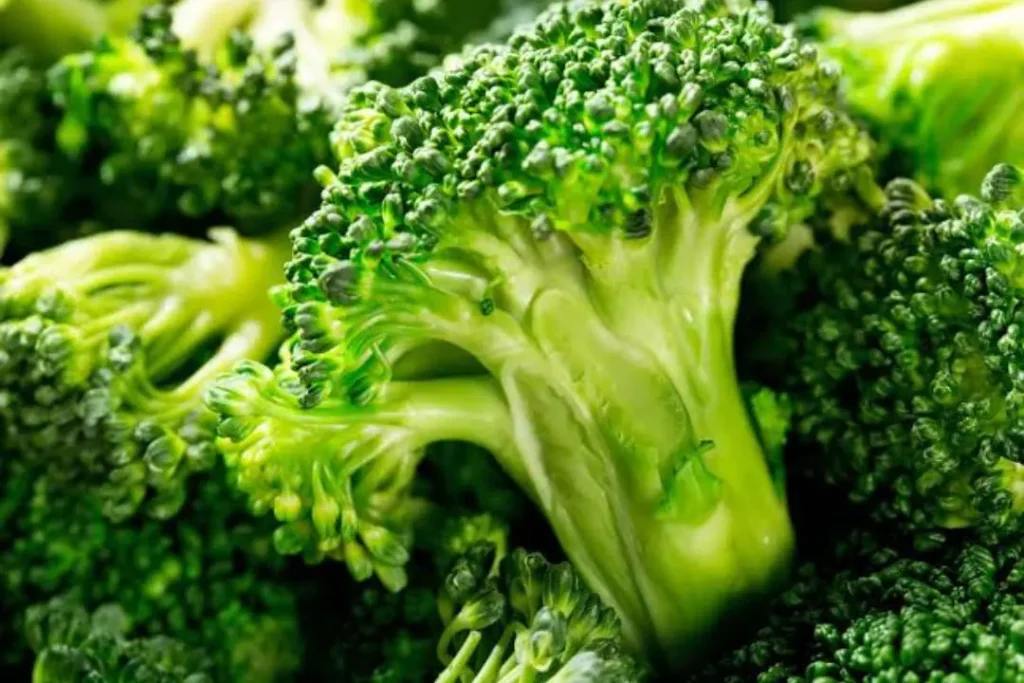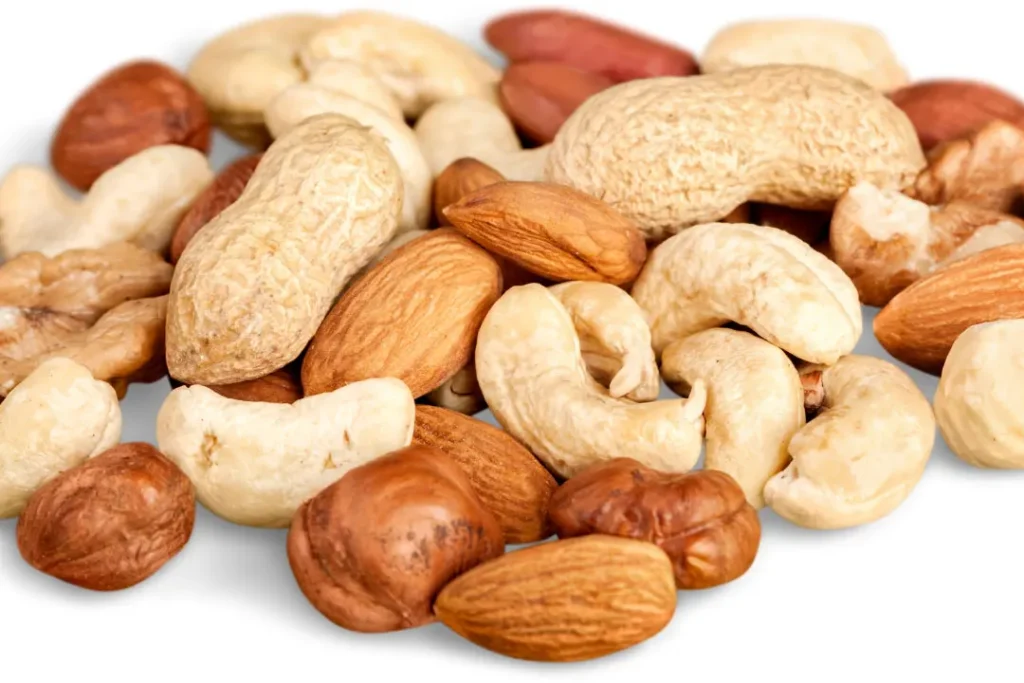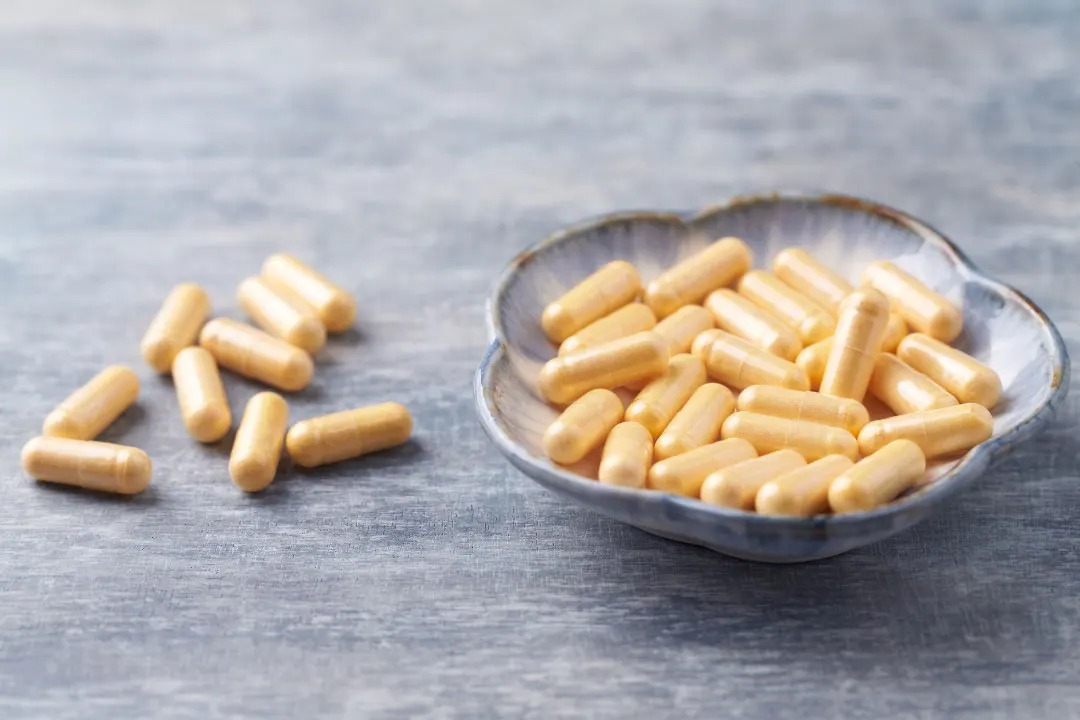Coenzyme Q10 (CoQ10) is an antioxidant compound produced by the human body. It’s an important part of many biological processes, especially the metabolism of food into energy in the form of adenosine triphosphate (ATP); as an antioxidant, it can also prevent cell damage from oxidation caused by reactive free radicals. CoQ10 deficiency symptoms may be caused by heart disease, statins in high cholesterol medication, and aging. CoQ10 deficiency may lead to a number of health issues, including low energy, inflammation, and degeneration of various bodily systems. Fortunately, there are many ways to raise CoQ10. The following are five natural, healthy ways to raise CoQ10 levels and avoid CoQ10 deficiency symptoms.
You May Also Like:
Vital Performance Protein Powder vs Nuzest Clean Lean Protein
The Best Mushroom Blend Supplements: 5 Top Brands Reviewed
1. Avoid CoQ10 deficiency symptoms by eating seafood
It’s no secret that seafood is healthy: it’s often lean, packed with protein, and rich in vitamins like omega-3s, which can help prevent oxidative cell damage. However, few are aware that seafood is also an excellent source of CoQ10 – and the fattier the fish, the higher the CoQ10 content. Many common, easily preparable, and delicious seafood dishes contain CoQ10, especially those incorporating salmon, tuna, trout, mackerel, and sardines. Some shellfish, particularly oysters, are also high in CoQ10. Eating seafood is a simple and tasty way to avoid CoQ10 deficiency symptoms like degeneration of the optic nerves, which may lead to damaged eyesight. Additionally, consuming these CoQ10-rich fish provides a wealth of other nutrients, making them an all-around excellent food choice.

2. Avoid CoQ10 deficiency symptoms by eating vitamin-rich fruits, vegetables, and legumes
Many fruits and vegetables also contain small amounts of CoQ10. Chlorophyll, the green pigment found in plants, is responsible for absorbing and metabolizing sunlight into energy. In a similar way, chlorophyll is believed to potentially help people naturally raise their stores of CoQ10. Since chlorophyll and CoQ10 go hand-in-hand, the most CoQ10-rich vegetables are green: cabbage, avocado, and broccoli are three of the best vegetables to help stave off CoQ10 deficiency symptoms. Citrus fruits and legumes can also help increase CoQ10 levels: oranges and soybeans, in particular, have especially high CoQ10 content.

3. Avoid CoQ10 deficiency symptoms by eating fatty or organ meats
It’s not necessary to stick just to fish and vegetables to raise CoQ10 intake through diet – meat can be beneficial as well. In particular, fatty meat tends to contain the most CoQ10. This goes for beef, pork, and poultry, so look for the fattier cuts like beef chuck, pork belly, or chicken thighs. Organ meat may not be to everyone’s taste, but it also contains high concentrations of CoQ10, with heart meat having the highest content.
However, fatty meat and organ meat aren’t without their risks: over-consumption of fat may contribute to atherosclerosis – the hardening of the arteries – while uric acid buildup from organ meat may lead to inflammatory conditions like gout. CoQ10 variants have been researched for their potential to improve vascular health and prevent inflammation, so the effects may balance out – but it’s a risk not everyone should take.

4. Avoid CoQ10 deficiency symptoms by eating nuts, seeds, and their derivatives
CoQ10 intake isn’t limited to complex dishes incorporating protein and vegetables; it can also come from snacks or minor, often overlooked ingredients. Nuts and seeds contain small amounts of CoQ10, with pistachios, peanuts, and sesame seeds having the highest CoQ10 content. Oils pressed from nuts or CoQ10-rich vegetables may also contain CoQ10.
Using olive, peanut, or corn oil while cooking proteins and vegetables, or seasoning them with sesame oil, is an easy way to incorporate even more CoQ10 into dishes already rich in this vital antioxidant. However, nuts, seeds, and oils don’t contain particularly high concentrations of CoQ10; it’d be near impossible to achieve the recommended daily value of CoQ10, 500 milligrams, from nuts and seeds alone.

5. Avoid CoQ10 deficiency symptoms by taking a daily CoQ10 supplement
While it’s certainly possible (and even rewarding) to incorporate a variety of CoQ10-rich foods into your diet, taking a daily supplement is a much easier way to meet the recommended 500 daily milligrams of CoQ10, avoiding CoQ10 deficiency symptoms without requiring any dietary changes.
However, CoQ10 has been found to have poor absorption when taken in capsule form – like many other supplements, it tends to be destroyed in the digestive system. Fortunately, a CoQ10 derivative known as mitoquinol mesylate, sold under the brand name MitoQ, is more effective at penetrating the mitochondrial membrane – and it’s been subject to a litany of scientific studies to back up its stated benefits.
MitoQ comes in a variety of targeted blends: MitoQ with curcumin for the immune system, MitoQ with magnesium and vitamin D3 for heart health, or MitoQ with zinc and chromium for blood sugar. Its targeted blends and penetrative, mitochondria-supporting abilities make MitoQ an excellent option for helping prevent CoQ10 deficiency symptoms.

CoQ10 for overall health
CoQ10 is a vital antioxidant that plays a role in an indispensable biological process: the production of energy. As most cells contain mitochondria, sufficient CoQ10 intake can benefit just about every system of the body. Conversely, CoQ10 deficiency symptoms can affect any system of the body. The best way to prevent CoQ10 deficiency symptoms is to take a daily supplement, and the best way to ensure it’s efficiently absorbed is by choosing mitoquinol mesylate.
Additional Links for Further Reference:
NIH National Library of Medicine: The mitochondria-targeted antioxidant MitoQ modulates oxidative stress
Journal of the International Society of Sports Medicine: Mitochondria-targeted antioxidant supplementation improves 8 km time trial performance in middle-aged trained male cyclists
Nature Reviews Immunology: Mitochondria in innate immune responses
Important Note: The information contained in this article is for general informational purposes only, and should not be construed as health or medical advice, nor is it intended to diagnose, prevent, treat, or cure any disease or health condition. Before embarking on any diet, fitness regimen, or program of nutritional supplementation, it is advisable to consult your healthcare professional in order to determine its safety and probable efficacy in terms of your individual state of health.
Regarding Nutritional Supplements Or Other Non-Prescription Health Products: If any nutritional supplements or other non-prescription health products are mentioned in the foregoing article, any claims or statements made about them have not been evaluated by the U.S. Food and Drug Administration, and such nutritional supplements or other health products are not intended to diagnose, treat, cure, or prevent any disease.


